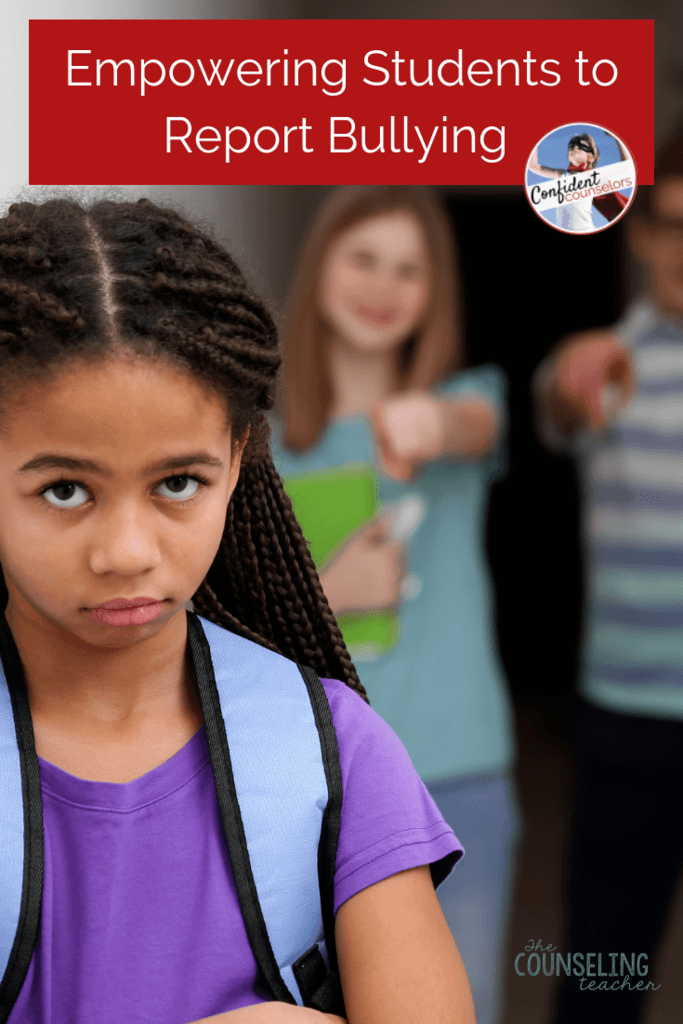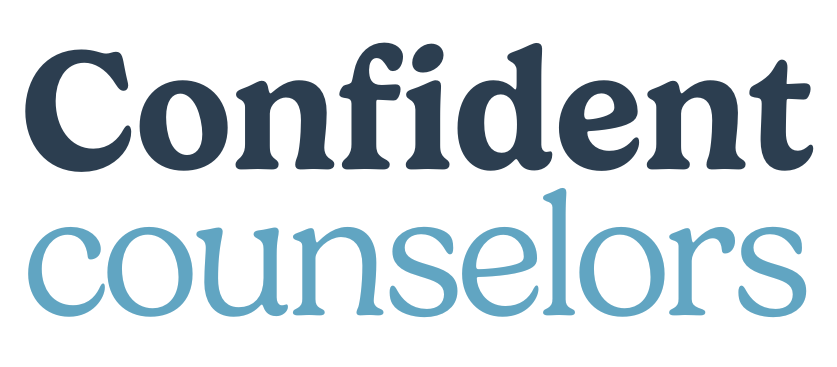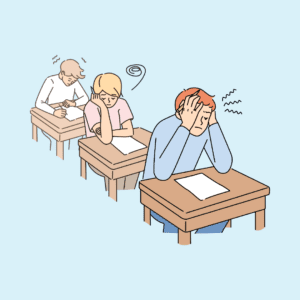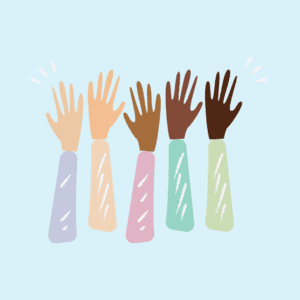Bullying happens everywhere. Bullies can be big or small, young or old. Recognizing a bully and taking away their power is a life skill that everyone needs to know and practice. In order to prepare our students for a world with bullies in it, we need to empower students to report bullying and control their reactions to being bullied. Let’s look at what we know about bullies and the 3 R’s of all bullying situations: Reaction, Roll, and Reporting.
Our Students Need to Know
Bullying is unwanted, aggressive behavior among school aged children that involves a real or perceived power imbalance. The behavior is repeated, or has the potential to be repeated, over time. Both kids who are bullied and who bully others may have serious, lasting problems.
When someone is bullying you,
- they may be seeking attention or popularity. (motivated by insecurity or a lack of attention at home)
- they are often sad or angry and want others to feel the same. They want to know that they have bothered you. If you get upset easily, you may become a repeated target.
- often they have power (or perceived power) over you. The may be older, bigger, or more popular.
- they need an audience (or bystanders) to feel power. Bystanders can help by not reacting positively to bullying behaviors.
- you can weaken their power and help prevent bullying.
After explaining what bullying usually looks like, we can educate students about the 3 R’s of bullying: Reaction, Roles, and REPORTING.
Reaction
 Reaction is key to stopping bullying. When someone bullies, they may be motivated to get a sad or angry reaction from their target. Others may just like the power they get from bullying (especially if they feel powerless at home). When you react strongly, it gives a perceived sense of power to the bully. Despite the reason, your reaction is important. If you don’t give them the big reaction that they are expecting, they likely will not bully you in the future. It might take a few times for them to understand they can’t get under your skin.
Reaction is key to stopping bullying. When someone bullies, they may be motivated to get a sad or angry reaction from their target. Others may just like the power they get from bullying (especially if they feel powerless at home). When you react strongly, it gives a perceived sense of power to the bully. Despite the reason, your reaction is important. If you don’t give them the big reaction that they are expecting, they likely will not bully you in the future. It might take a few times for them to understand they can’t get under your skin.
The school counselor will practice the following skills with students to empower them to take a stand.
Instead of crying or getting angry you can:
- Smile & pretend like it doesn’t bother you.
- Say something funny to throw them off.
- Ignore it completely and walk away.
- Be nice to them anyway. Bullying back continues the cycle.
Roles
You can choose a positive role in a bullying situation, you can choose to encourage bullying, or do nothing at all. The first rule of bullying is that “bullies need an audience to have power.” If you see bullying happening, you can choose to take away some of that power simply by not being part of the audience! When you play a positive role in a bully situation, you are playing the role of an upstander. While bystanders merely sit back and watch, an upstander takes action, whether big or small, it’s still a positive action.
Upstanders
- Won’t laugh at bullying.
- May go find an adult.
- Might change the subject or distract the audience.
- Might speak up for the target.
- Will be nice to people who are targeted.
- Will not participate as an audience member.
Reporting
Another way to stop bullying is to report it. Once reported, adults can provide resources to both students and help them learn healthy friendship skills. They can also find ways to make sure that a person who bullies you is not near you often or alone with you. If you feel like you are being bullied or witness somebody else being bullied, report it.
All schools should have some policy for bullying and a system for reporting. Most schools usually have an anonymous way to report, which means no one will know who reported it. Telling an adult (not in front of other kids) is usually the best method.
Reporting is never “snitching.” Remember, everyone needs healthy ways to communicate with others. Many are hurting or confused because they have learned inappropriate behaviors or they are being bullied too. Maybe even at home or by an older friend or family member. Reporting it means that you are getting them help. It’s a win-win situation! Everybody wins when you report bullying! Check out these ten free bullying resources.
Send these brochures home with students as a takeaway to reinforce these tips.
Bullying Brochure Grades 1-4
Bullying Brochure Grades 5-8









[…] Empower Students to Report Bullying […]